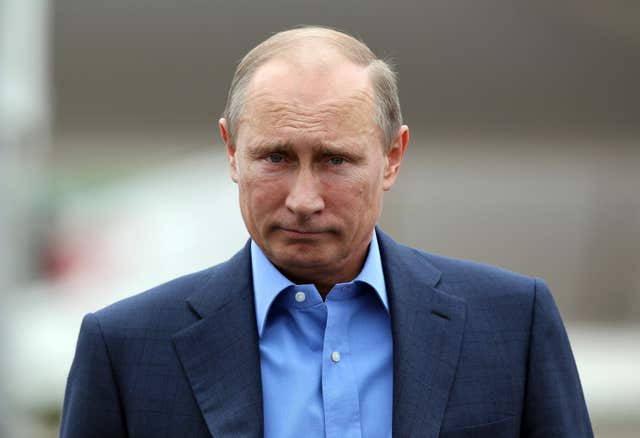
Turkey’s currency has nosedived amid concerns about the country’s economic policies and its dispute with the US.
The lira tumbled 13% in one day, to 6.51 per US dollar, a massive move for a currency that will make the Turkish poorer and further shake international investors’ confidence in the country.
The situation was compounded on Friday when US President Donald Trump tweeted that he had authorised a doubling of tariffs on steel and aluminium.
I have just authorized a doubling of Tariffs on Steel and Aluminum with respect to Turkey as their currency, the Turkish Lira, slides rapidly downward against our very strong Dollar! Aluminum will now be 20% and Steel 50%. Our relations with Turkey are not good at this time!
— Donald J. Trump (@realDonaldTrump) August 10, 2018
The currency’s drop — 40% so far this year — has become a gauge of fear over a country facing the fallout of years of debt-fuelled growth, international concern over President Recep Tayyip Erdogan’s push to amass power, and a souring in relations with allies like the US.
The diplomatic dispute with the US was one of the triggers for the turmoil this week.
Turkey has arrested an American pastor and put him on trial for espionage and terror-related charges linked to a failed coup attempt in the country two years ago. The US responded by imposing sanctions on Turkey and threatening more.
After inconclusive talks this week on solving the spat, Mr Trump took advantage of Turkey’s turmoil to turn the screws on the country.
Mr Trump tweeted that he had authorised the doubling of steel and aluminium tariffs “with respect to Turkey”.
Mr Trump said tariffs on aluminium imports would be increased to 20% and the tariff on steel imports will be raised to 50% as the Turkish Lira “slides rapidly downward against our very strong Dollar!”.

He declared: “Our relations with Turkey are not good at this time!”
The United States is the biggest destination for Turkish steel exports with 11% of the Turkish export volume. The lira fell further after Mr Trump’s tweet.
In what appears to be a diplomatic riposte, Turkey later said Mr Erdogan had held a phone call with Russian President Vladimir Putin to discuss economic ties.
It did not disclose details, but suggests Turkey might gravitate further away from its Nato allies towards co-operation with Russia, whose relations with the West are at their lowest since the Cold War.

Turkey’s woes have been aggravated by investor worries about the economic policies of Mr Erdogan, who won a new term in office in June with sweeping new powers.
Mr Erdogan has been putting pressure on the central bank to not raise interest rates in order to keep fuelling economic growth. He claims higher rates lead to higher inflation – the opposite of what standard economic theory says.
Independent analysts argue the central bank should instead raise rates to tame inflation and support the currency.
In modern economies, central banks are meant to be independent of governments to make sure they set policies that are best for the economy, not politicians. But since adopting increased powers, Mr Erdogan appears to have greater control over the bank as well.
Mr Erdogan appealed for calm and renewed a call on people to change foreign money into local lira.
“Change the euros, the dollars and the gold that you are keeping beneath your pillows into lira at our banks. This is a domestic and national struggle.”
He appeared to blame foreigners for trying to hurt Turkey, saying: “This will be my people’s response against those waging an economic war against us.”
On Thursday, Mr Erdogan said: “If they have their dollar, we have the people, we have Allah.”
Turkey’s treasury and finance minister Berat Albayrak — who is Mr Erdogan’s son-in-law — tried to ease investor concerns during a conference, saying the government would safeguard the independence of the central bank.
“One of our principles will be ensuring the full independence of monetary policy,” Mr Abayrak said as he outlined his ministry’s “new economic model”.


Comments: Our rules
We want our comments to be a lively and valuable part of our community - a place where readers can debate and engage with the most important local issues. The ability to comment on our stories is a privilege, not a right, however, and that privilege may be withdrawn if it is abused or misused.
Please report any comments that break our rules.
Read the rules hereLast Updated:
Report this comment Cancel